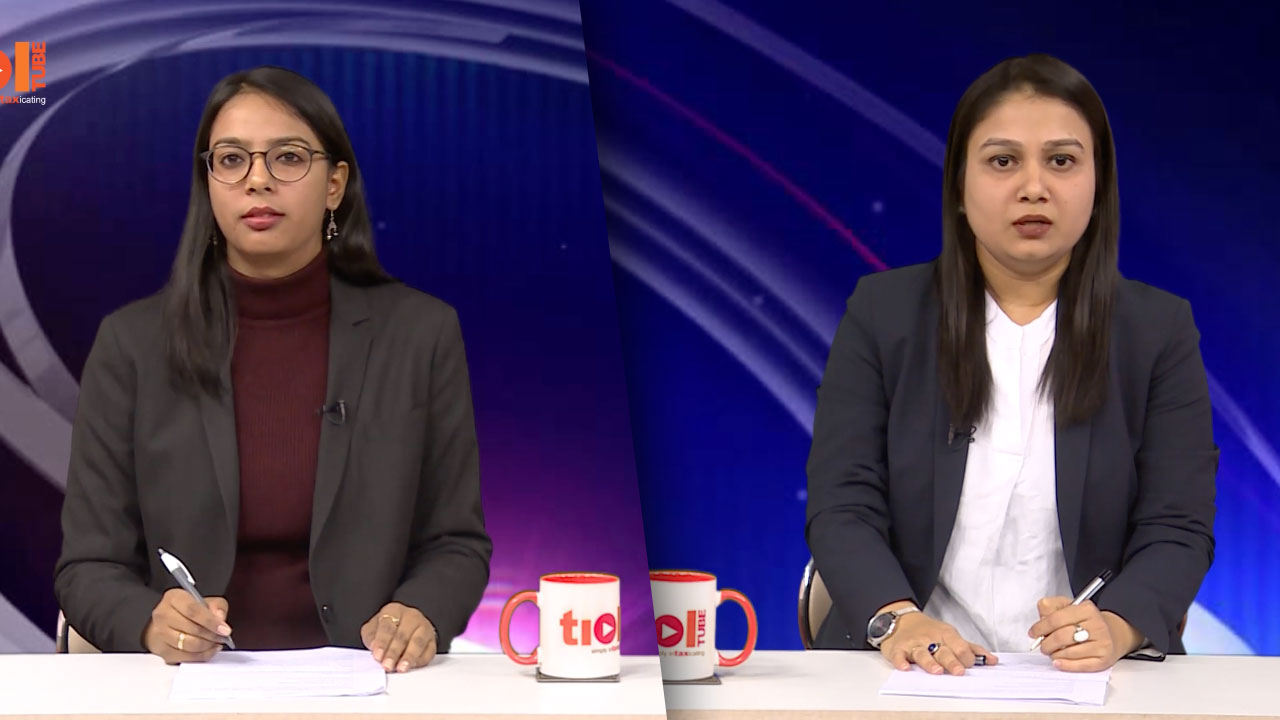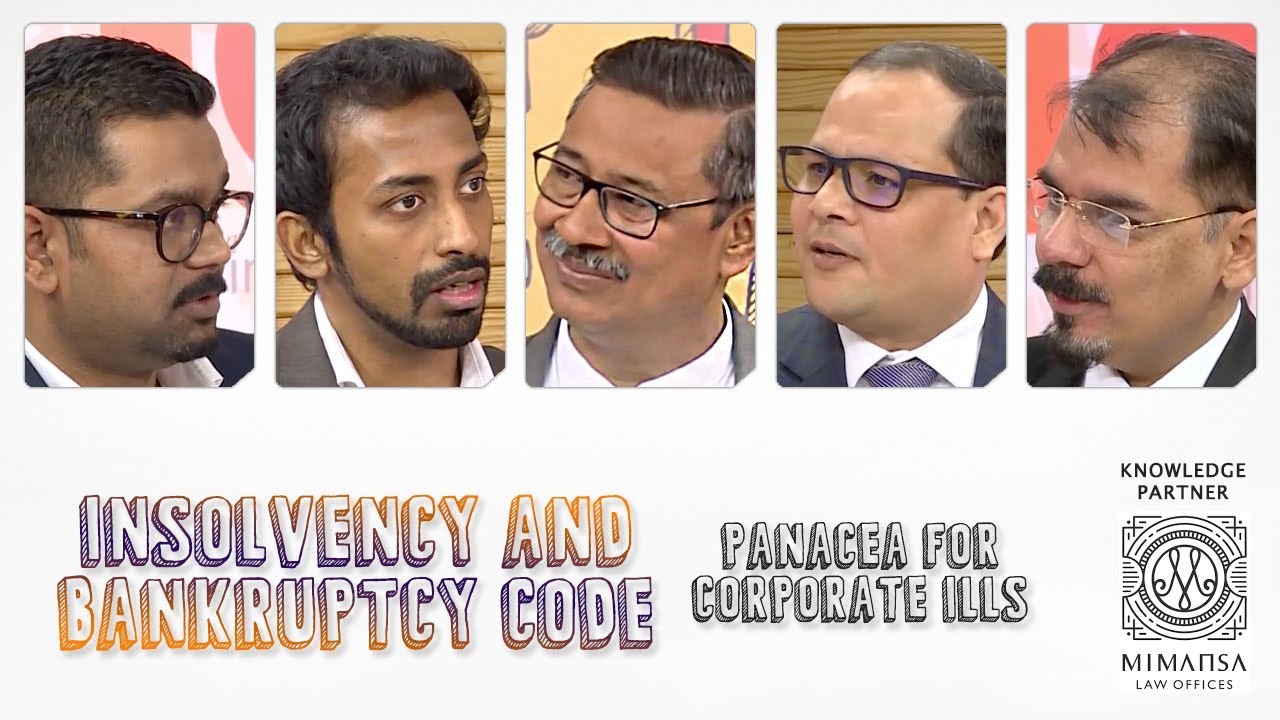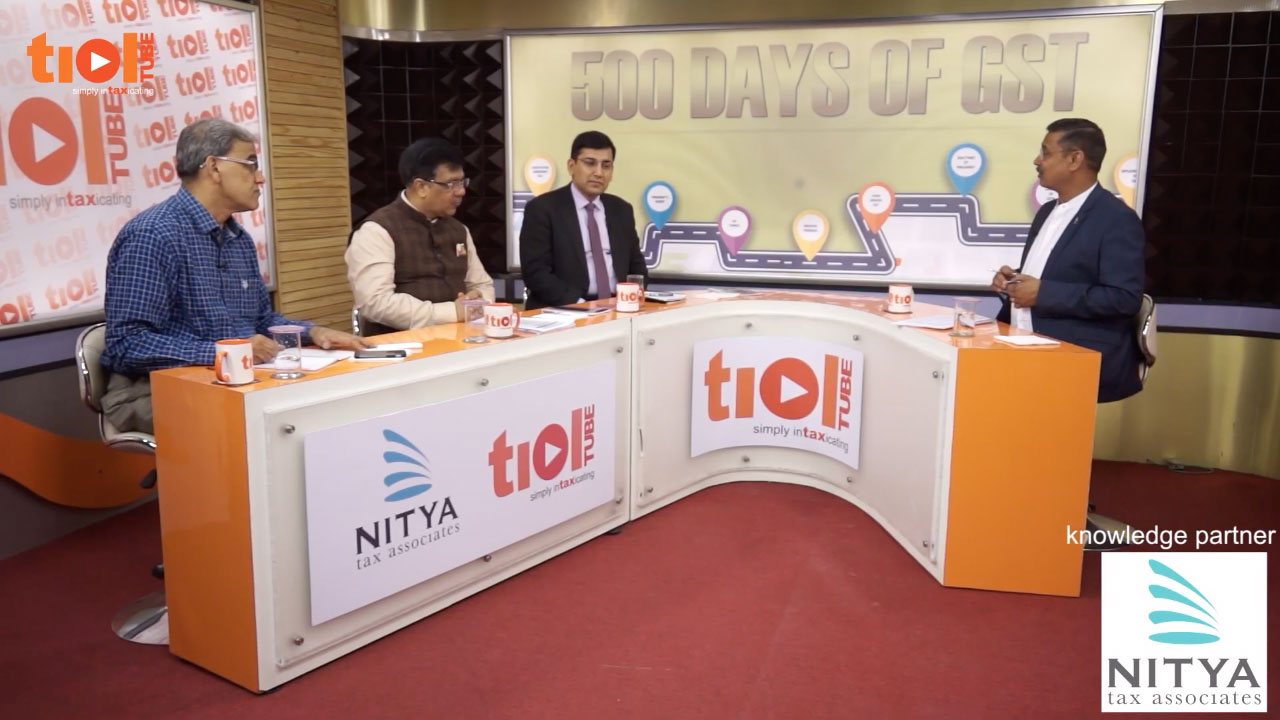Commissioner of Central Tax GST Vs Rajesh Jindal
GST - The respondent was arrested by officials of the GST Commissionerate concerned, for allegedly generating fake invoices by floating dummy companies - He was also charged with allegedly passing on ITC without actual supply of goods, with mala fide intent to pass on such undue advantage to other firms - The respondent was also alleged to have taken commission for doing so - Upon arrest, the respondent was produced before the Magistrate, who remanded him to judicial custody - Thereupon, the Magistrate observed that the quantum of tax evaded by the respondent was less than Rs 5 crores - Thus the offence punishable u/s 132(1)(b) was non-cognizable & bailable offence - Hence the respondent was granted bail - Thus the present application by the Revenue seeking cancellation of such bail granted.
Held - It is settled law that very cogent & overwhelming circumstances must be present to direct cancellation of bail already granted - These include an attempt to obstruct the course of justice or evasion or attempt to do so - It also includes abuse of any concession granted - The satisfaction of the court, regarding the possibility of the accused absconding, also governs the cancellation of bail - However, bail once granted cannot be cancelled in a mechanical fashion, without considering such circumstances which entail that the person being set at large on bail would not be conducive to a fair trial - In the present case, the Department pointed out that the respondent threatened the witnesses, who are persons used as fake proprietors of bogus firms - Such tampering with evidence is a serious matter - This would prevent the witnesses from deposing before the Revenue as to how bogus firms were created & documents were misused - Besides, the respondent also caused a massive loss to the State Exchequer through his activities - Hence the application seeking cancellation of bail has merit & must be allowed - The Magistrate's order granting bail is quashed - Respondent be taken into custody & produced before Chief Metropolitan Magistrate on Dec 24, 2018: District Court.
- Revenue's application allowed
2018-TIOL-193-HC-MUM-GST
Adlabs Entertainment Ltd Vs UoI
GST - The assessee-company, set up a theme park and a water park - As part of State Govt policy, it was offered incentives such as waiver of entertainment tax, since the assessee was heavily investing capital - Moreover, such waiver gave an advantage to the assessee over other entities in the same line of business - Upon implementation of GST, entertainment tax was subsumed, due to which the assessee lost the incentive of waiver of such tax - Further, it became liable to pay GST @ 18%, at par with others - The assessee claimed that its business became unviable & was unable to return borrowed funds, while also failing to recover its capital investment - Hence the present writ seeking relief.
Held - The issue warrants examination by the Government - Chief Secretary of State Govt directed to constitute committee comprising of Principal Secretary of Finance and the Secretary of Tourism - Assessee be permitted to make representations before it - Recommendations of committee be presented before this court on next date of hearing, i.e., Feb 21, 2018: HC
- Case deferred
: BOMBAY HIGH COURT
2018-TIOL-192-HC-MUM-GST
Shafi Khan Khokhar Vs State Of Maharashtra
GST - During the period of dispute, the assessee, an individual, was subjected to enquiry proceedings under CGST Act, initiated by the commissionerate at Mumbai - He was issued summons in this regard, u/s 14 of the CEA 1944 and Section 70 of the CGST Act - The assessee claimed that he was already facing enquiry by the GST authorities at Jaipur commissionerate - Thus he filed the present writ, contesting what he termed to be parallel proceedings running against him.
Held - The assessee is registered at Mumbai & is subject to jurisdiction of the Mumbai commissionerate - Merely because the assessee has his primary business at Jaipur, this does not determine the issue of jurisdiction - Moreover, Section 25 of the CGST Act provides for separate registration for each state - Hence where both registration taken & services rendered are at Mumbai, the assessee is subject to jurisdiction of Mumbai commissionerate - Thus no intervention is warranted in the proceedings lauched by it: HC
- Assessee's writ petition dismissed
: BOMBAY HIGH COURT
2018-TIOL-191-HC-MP-GST
Vasu Clothing Pvt Ltd Vs UoI
Facts : Petitioner is a manufacturer and exporter of garments in India and he intends to supply goods to Duty Free Operator (DFO), who in turn is selling the goods from Duty Free Shops (DFSs) -Petitioner seeks indulgence of theHigh Court for grant of relief from payment of goods and service tax by way of exemption and on the goods and service supply to the Duty Free Shops (DFSs) at the international Airports in India - Petitioner's contention is that after enactment of Central Goods and Services Tax Act, 2017 and the Rules framed thereunder, the petitioner is entitled to supply goods and services to Duty Free Shops without payment of taxes and similar supplies from all over the world except India are permitted without payment of taxes.?
Held :
+ As per Section 2(5) of the IGST Act, 2017, "export of goods" means taking out of India to a place outside India. As per Section 2(56) of CGST Act, 2017 "India" means the territory of India as referred to in Article 1 of the Constitution, its Territorial Waters, Seabed and Sub-oil underlying such waters, Continental Shelf, Exclusive Economic Zone (EEZ) or any other maritime zone as referred to in the Territorial Waters, Continental Shelf, Exclusive Economic Zone and other Maritime Zones Act, 1976, and the air space above its territory and territorial waters.
+ For the purpose of CGST Act, India extends upto the Exclusive Economic Zone upto 200 nautical miles from baseline. The location of the Duty Free Shop (DFS), whether within customs frontier or beyond, shall be within India as long as it is not beyond EEZ (200 nautical miles). Therefore, DFS cannot be said to be located outside India.
+ Instead, the DFS is located within India. As the supply to a DFS by an Indian supplier is not to 'a place outside India', therefore, such supplies do not qualify as 'export of goods' under GST. Consequently, such supplies cannot be made without payment of duty by furnishing a bond/letter of undertaking (LUT) under rule 96-A of the CGST Rules, 2017. Also, the petitioner cannot claim refund of unutilized input tax credit (ITC) under Section 54 of the CGST Act, 2017.
+ It is true that we cannot export our taxes but the facts remains that it is not the petitioner, who is exporting the goods or taking goods out of India. Petitioner is liable to pay GST on supply of indigenous goods to DFS.
+ A statute is an edict of the legislature and the Courts do not have the power to enact a statute and the Court can only do interpretation of statute and once the Court does not have power to legislate, the question of granting exemption in absence of any statutory provision to the petitioner under the GST Act does not arise. [para 54, 55, 62, 63, 64]
- Petition dismissed :
MADHYA PRADESH
HIGH COURT










